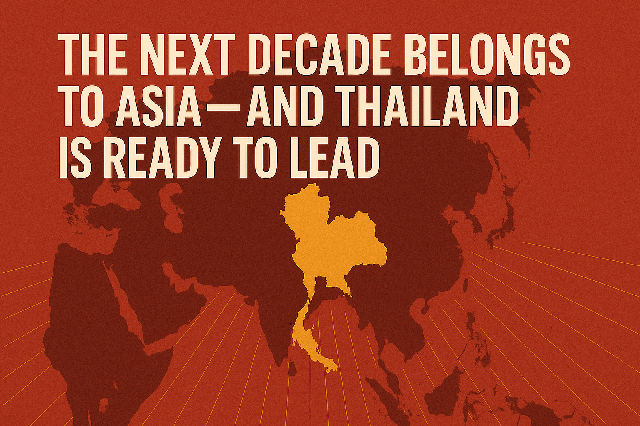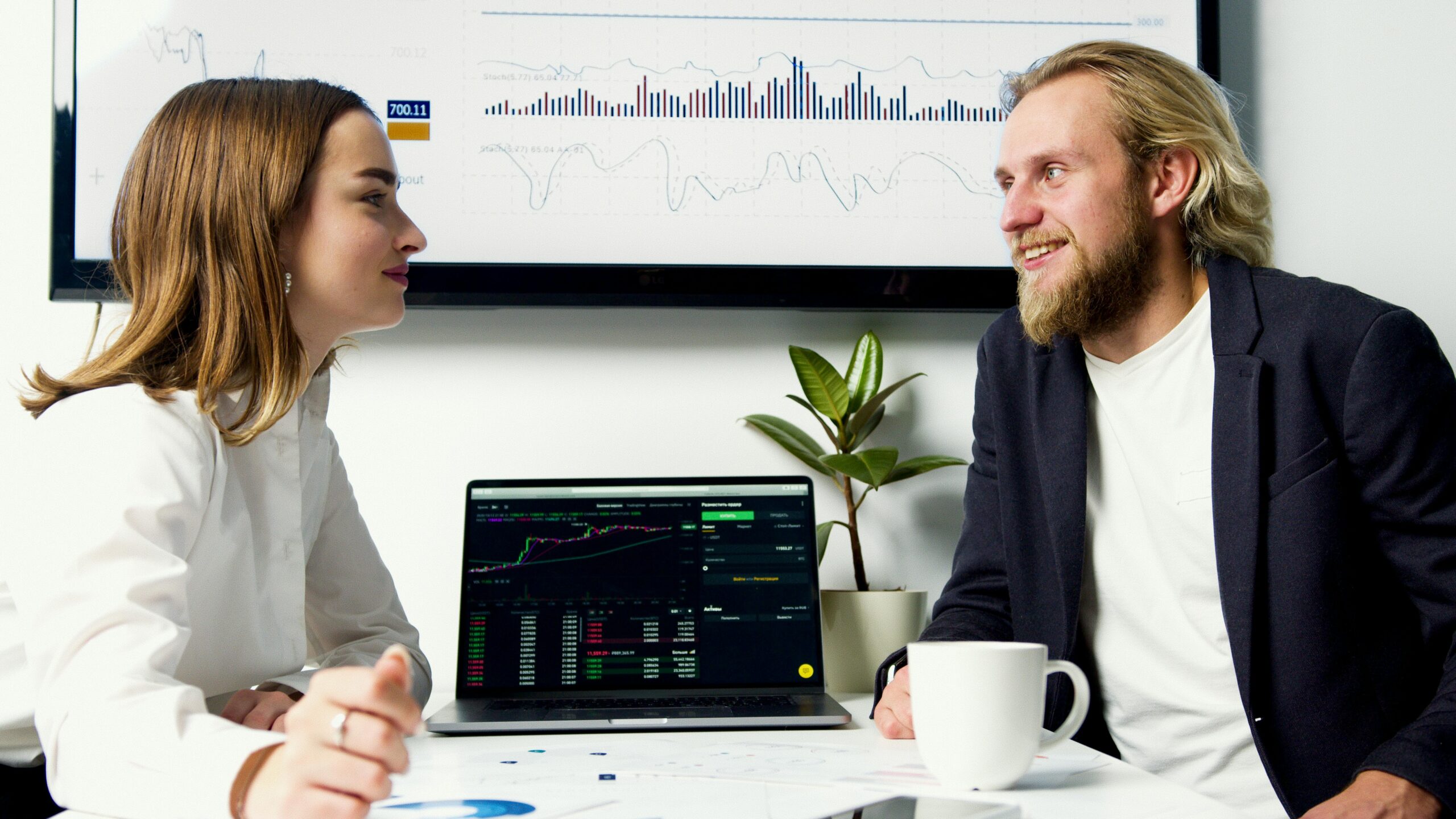It is not possible to have a strong, functioning business in a world of increasing inequality, poverty, and climate change. Sustainability is an increasingly important issue for many people, especially in the business world. Climate change continues to affect our lives as well as the fate of all other species around the planet. For business owners, leaders, and administrators, sustainable business practices are becoming imperatives.
Sustainability in Business: What Does It Mean?
Business sustainability is the practice of operating a business without impacting the environment negatively. A green business functions in the best interests of the local and global environment, meaning it supports the community and economy dependent on a healthy planet. An environmentally aware business considers more than just profits — it considers its impact on society and the environment. Such a business is sustainable because it contributes to the health of the structure within which it operates, thereby helping construct an environment in which the business can thrive.
The Benefits of Sustainability in Business
Sustainability in business isn’t just good for the environment or society at large — it’s also good for the business itself. Here are just a few of the many benefits of operating a more sustainable business:
Reduces Business Costs
“Greening” your business takes an initial investment, but, over time, you’ll save money by prioritizing sustainability. A 2011 McKinsey survey on the business of sustainability found that 33% of businesses were integrating sustainable practices to improve operational efficiency and cut costs — resulting in a 19% increase from the previous year. Over the course of 10 years, clients of the managed service provider Elytus saved over $11 million through sustainable waste management and transparency.
You can reduce your business costs by going green. For instance, using more efficient lighting or creatively reusing existing materials will save money. Although it takes an upfront investment, converting to solar energy pays off: the average commercial property owner will save about $500 per month on electricity, which equals savings of $587,377 over the life of the solar power system. Most businesses pay off the cost of panels in five to seven years.
The federal government even offers tax credits, rebates, and savings for going green. Ultimately, the more sustainable your business becomes, the less you’ll spend on energy and materials.
HOW TO ACHIEVE SUSTAINABLE DEVELOPMENT?
Many of the challenges facing humankind, such as climate change, water scarcity, inequality and hunger, can only be resolved at a global level and by promoting sustainable development: a commitment to social progress, environmental balance and economic growth.
As a part of a new sustainable development roadmap, the United Nations approved the 2030 Agenda, which contains the Sustainable Development Goals, a call to action to protect the planet and guarantee the global well-being of people. These common goals require the active involvement of individuals, businesses, administrations and countries around the world.
PILLARS OF SUSTAINABILITY
ENVIRONMENTAL SUSTAINABILITY
At the environmental level, sustainability prevents nature from being used as an inexhaustible source of resources and ensures its protection and rational use. Aspects such as environmental conservation, investment in renewable energies, saving water, supporting sustainable mobility, and innovation in sustainable construction and architecture, contribute to achieving this environmental sustainability on several fronts.
SOCIAL SUSTAINABILITY
At the social level, sustainability can foster the development of people, communities and cultures to help achieve reasonable and fairly-distributed quality of life, healthcare and education across the globe. The fight for gender equality, especially in developing countries, is another aspect which in coming years will form the basis of social sustainability.
ECONOMIC SUSTAINABILITY
Sustainability focusses on equal economic growth, that generates wealth for all, without harming the environment. Investment and an equal distribution of the economic resources will strengthen the other pillars of sustainability for a complete development.
Not fast enough
Fortunately, we are not alone. More and more businesses are seeing the potential of a more sustainable business model, driven both by the firm belief that business can be a force for good and by the realization that the cost of inaction often exceeds the cost of action—notably when it comes to the growing threat of climate change and water scarcity.
Sustainability after all is no longer a niche issue. 54% of consumers want to buy more sustainably. Many already are. Consumers in both emerging and developed markets want it all—high-performing products, the right price, and a purpose that they can connect with. Regrettably, however, we are not yet seeing the scale and speed we need.
To Conclude: Sustainable Business For A Greater Impact
When objectives become a purpose, a powerful story is established. That story will drive your mission and allow you to create an actionable plan. Don’t worry if results don’t come immediately; the road to 100 percent sustainability is long and may require testing a few different approaches for you to make the greatest impact.








